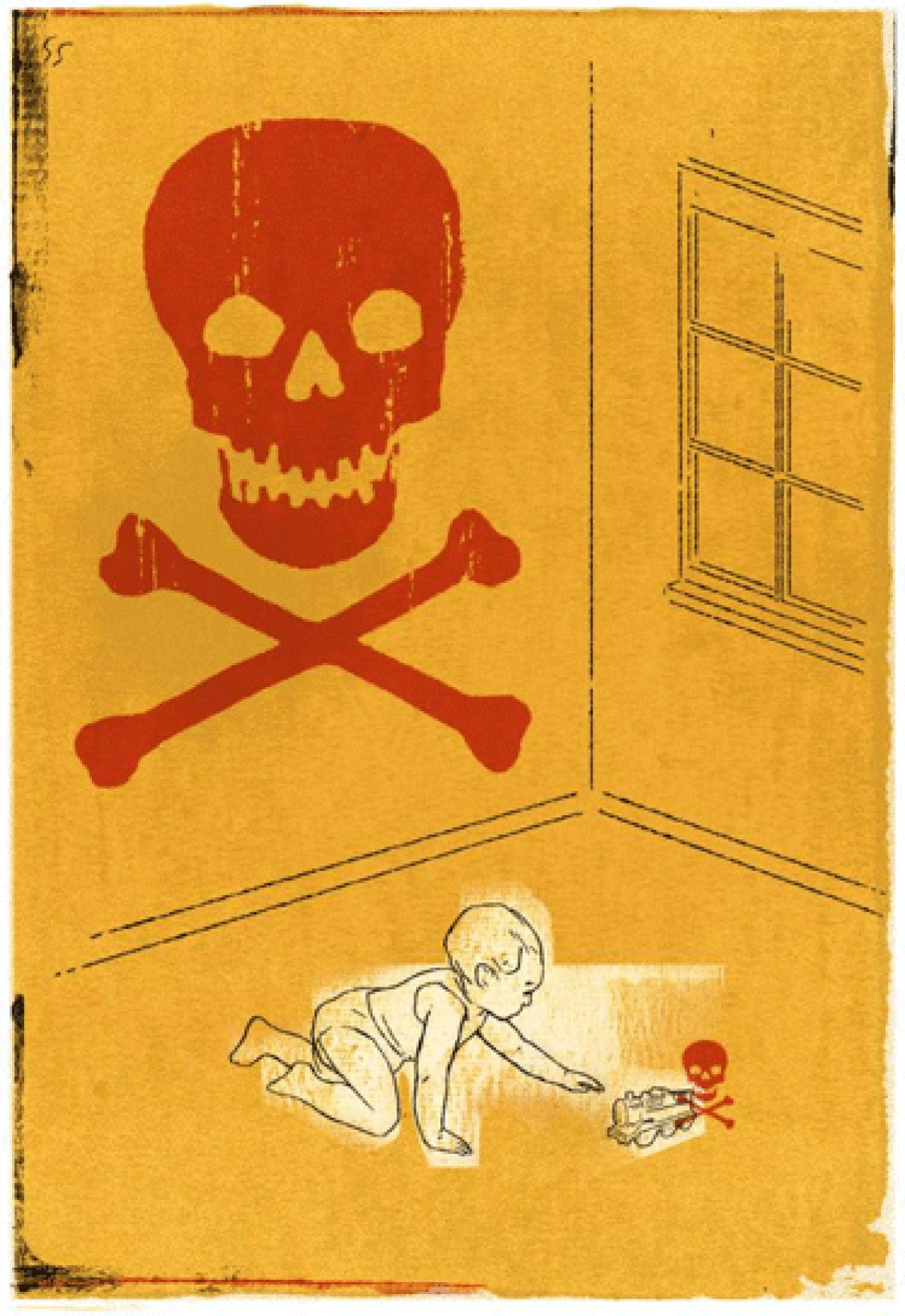A retreat on chemical safety

Six years ago, a California environmental group learned that certain baby bibs were made with potentially dangerous amounts of lead. A lawsuit followed, asserting that the bibs violated California’s sweeping environmental toxins law. As a result, Wal-Mart and Toys R Us pulled the bibs from their stores, not just in California but around the country. This is just one of many cases in which California’s strong environmental standards have protected health nationwide. But such protections could be undermined by a bill in Congress that is intended to replace the ineffectual, decades-old federal law governing industrial chemicals. In its current state, the bill would do more to harm public health than to protect it.
The federal law has been, for all intents and purposes, out of commission since the U.S. Environmental Protection Agency lost a lawsuit more than 20 years ago involving asbestos regulation. Only 200 of the 85,000 industrial chemicals in use, not including pesticides, have been tested or regulated.
The bill that would replace it — the Chemical Safety Improvement Act — would call on the EPA to review all new chemicals; existing ones are optimistically presumed to be safe. But there still would be too little testing before such chemicals could be brought to market, and there would be no deadlines for regulating any of them in a timely way. A stronger law is needed, one that empowers the EPA to demand safety tests on chemicals before it is asked to review them and mandates reviews of some existing chemicals as well.
But the worst part of the bill is the provision that would preempt state laws such as California’s that have been protecting the public in the absence of meaningful EPA regulation. Under the bill, once the EPA identified a chemical as being a priority for possible regulation, the chemical would be considered part of federal jurisdiction, and any state laws governing it would cease to have any authority. The EPA could then leave the chemical untested and unregulated for years. It’s a gift to industry.
California was the first state to ban certain dangerous flame retardants; several states followed its lead. The state has regulations severely restricting the presence of lead and cadmium in jewelry, protections that don’t exist at the federal level. And now it is breaking ground in the fight against global warming. Because California and other states with strong regulations make up so much of the U.S. market, manufacturers generally retool their products to make them safer, protecting consumers nationwide. The Chemical Safety Improvement Act should not be approved unless it is revised to improve existing safeguards, or at the very least not weaken them.
More to Read
A cure for the common opinion
Get thought-provoking perspectives with our weekly newsletter.
You may occasionally receive promotional content from the Los Angeles Times.






